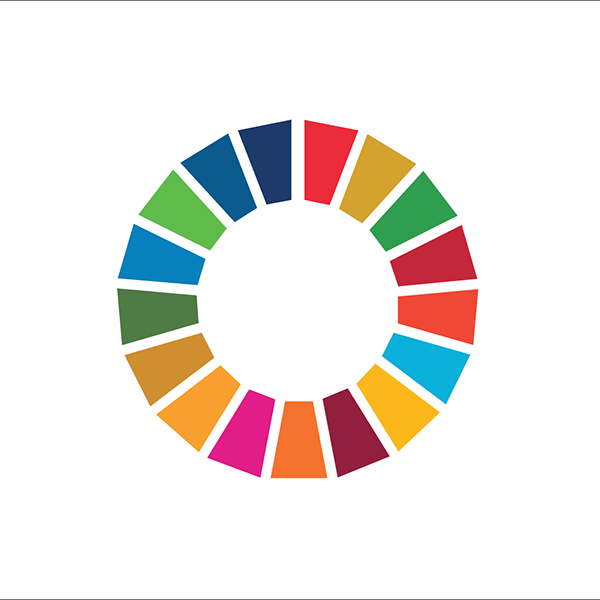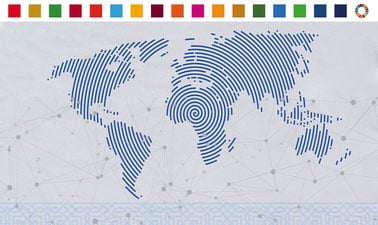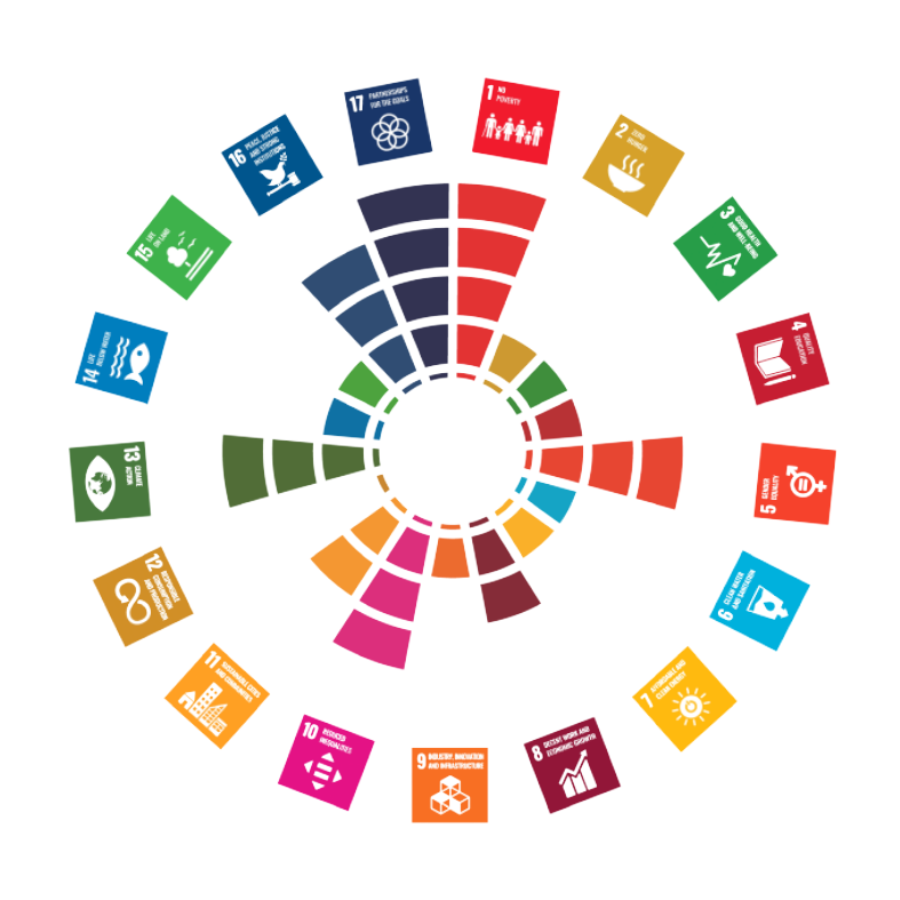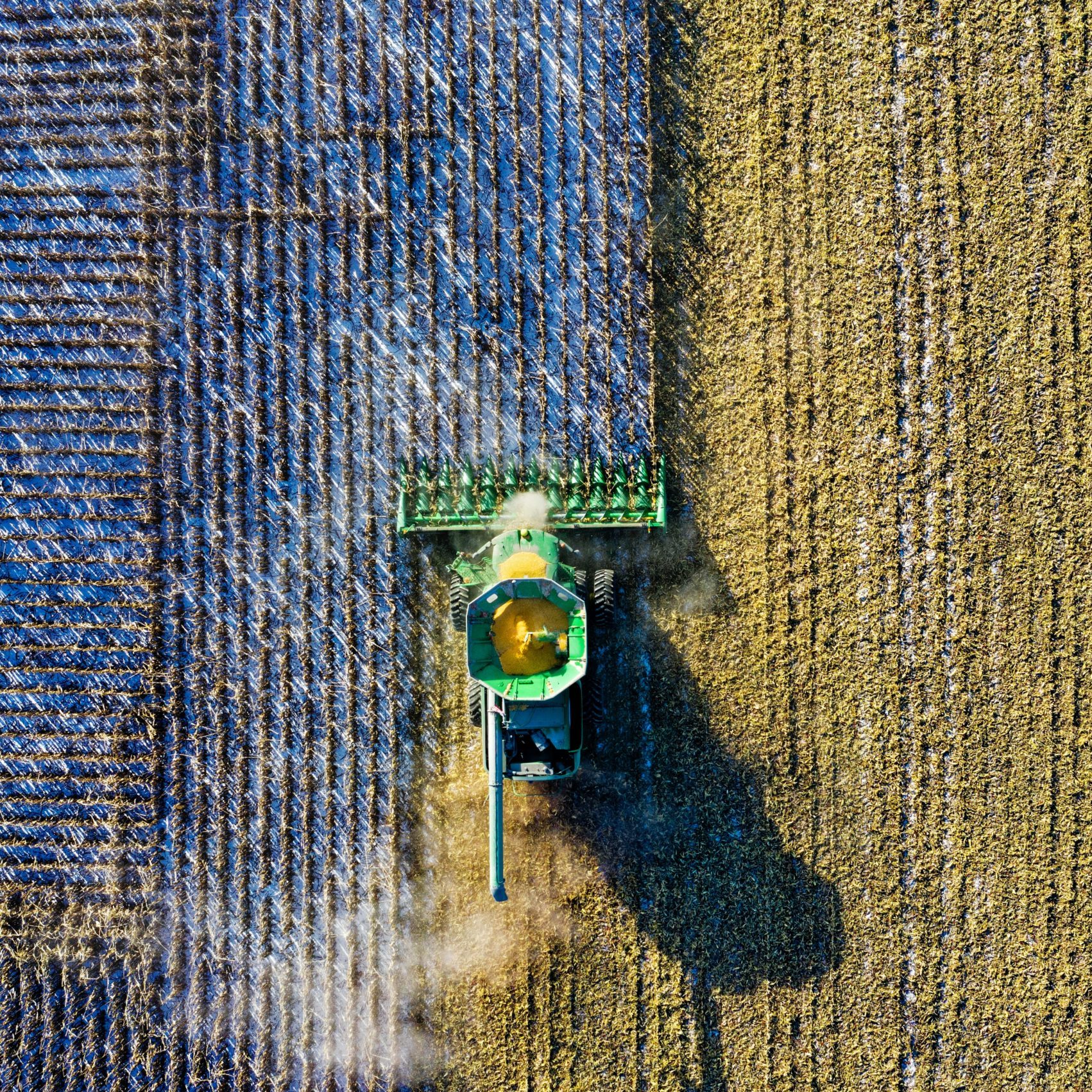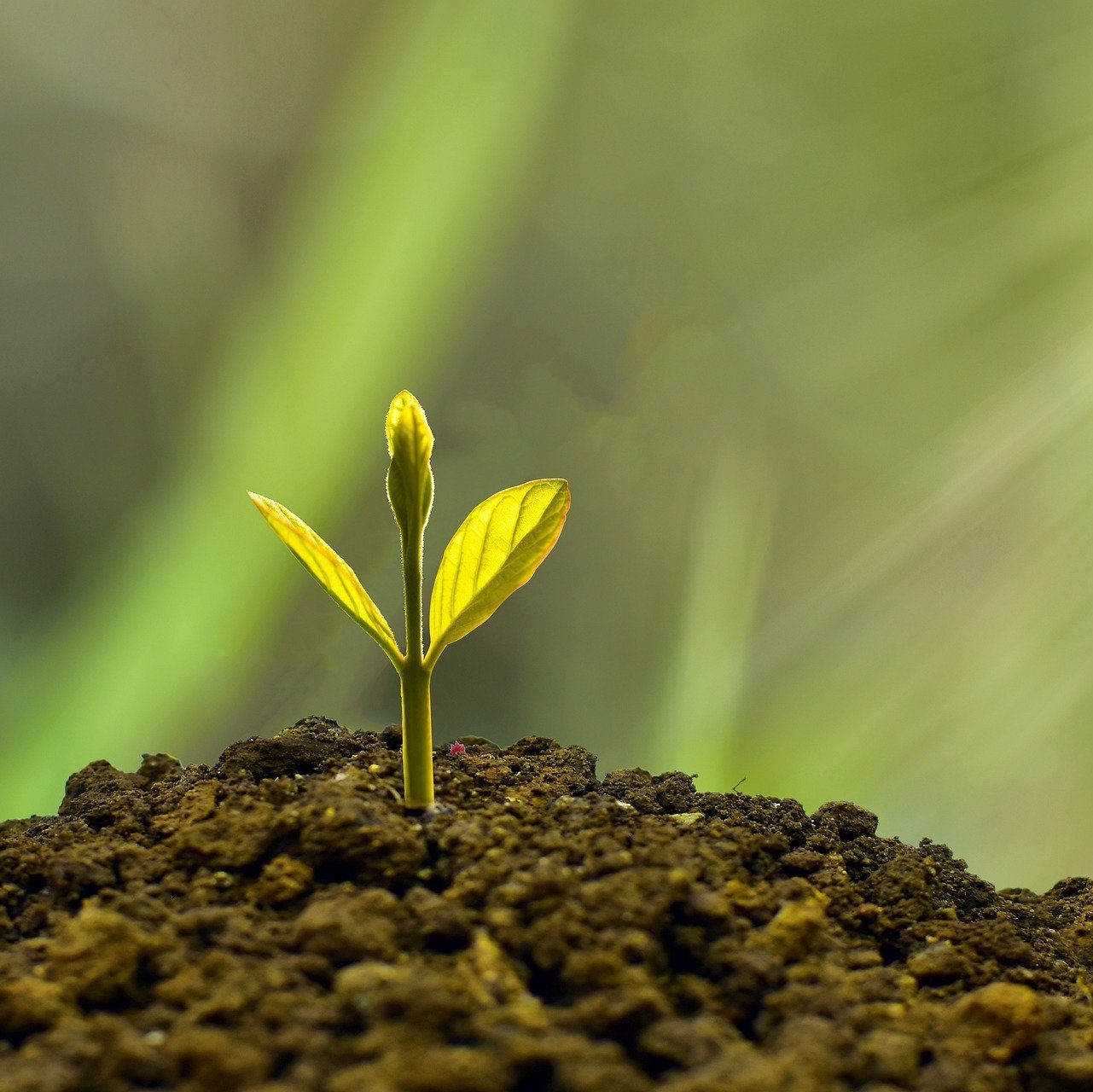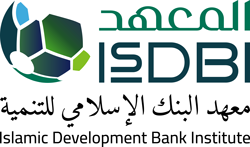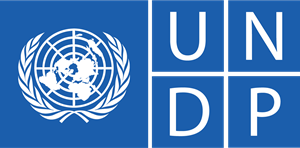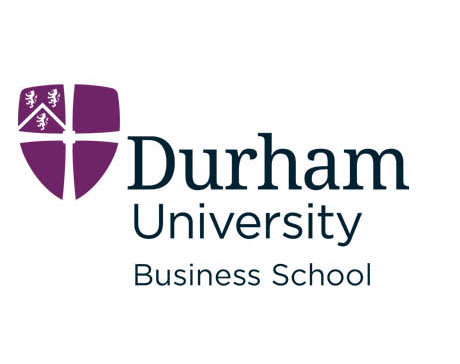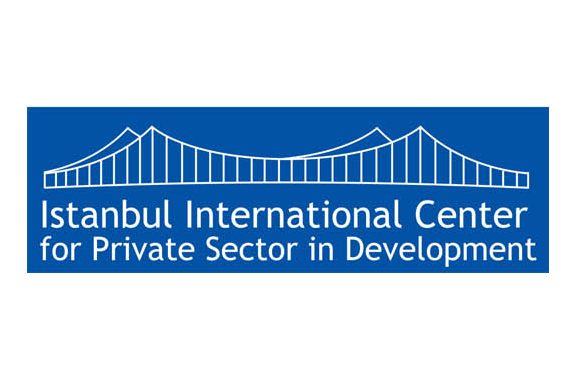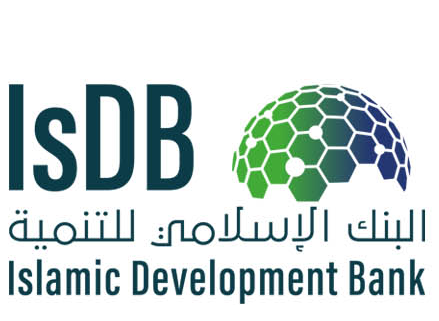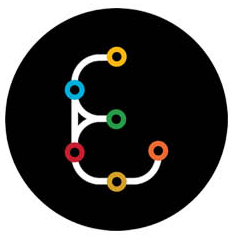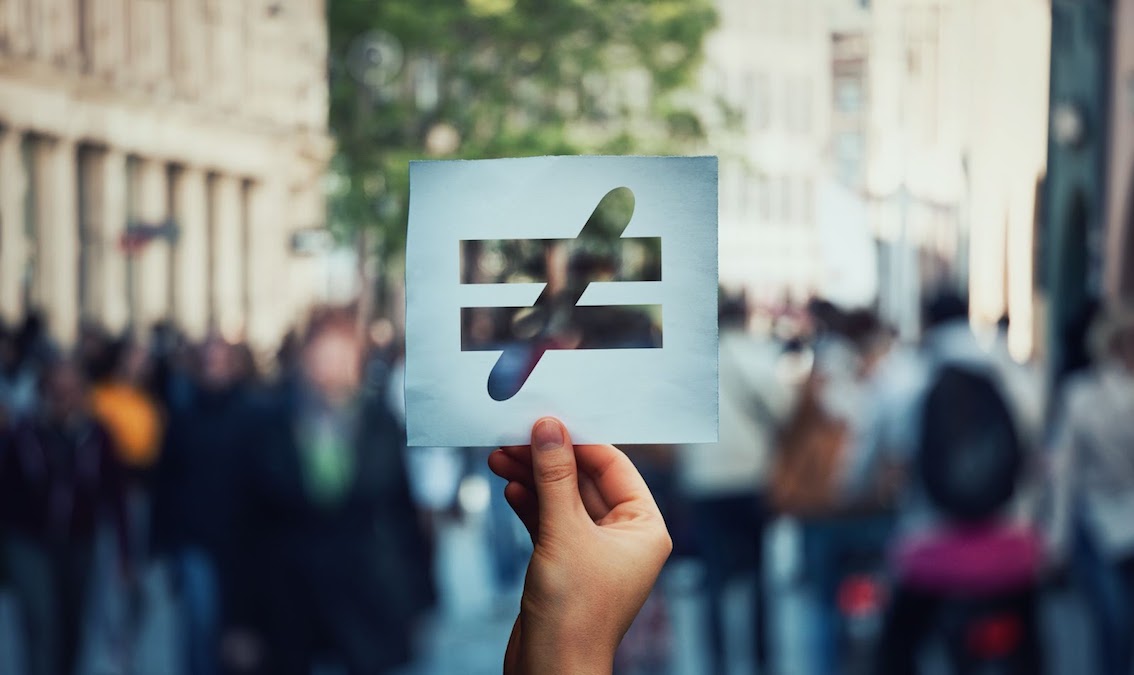Did you know that the financing gap in developing countries to achieve the Sustainable Development Goals by 2030 could increase by 70% in the wake of the COVID-19 pandemic? Are you interested in the role of Islamic finance in building a sustainable future? Do you want to learn about the foundations and principles of Islamic finance from the perspective of the Sustainable Development Goals?
Positioning Islamic finance as broadly relevant to Sustainable Development Goals and not only a niche proposition, this course is the first of its kind designed for capacity building in order to engage development professionals and Islamic finance partners for leveraging this vital source for financing sustainable development. From the resemblance of Islamic finance principles to the objectives outlined by the Sustainable Development Goals, to the potential of Islamic microfinance in socioeconomic empowerment; this course brings theory and practice together with the authoring and video lecturing contributions of 27 leading subject matter experts.
As a promotional partner, the SDG Academy is pleased to feature and promote this free Massive Open Online Course (MOOC) on “Islamic Finance for the Sustainable Development Goals” on our website and in our SDG Academy Library. The MOOC was developed by the Islamic Development Bank (IsDB), IsDB Science, Technology and Innovation (STI) Fund – Engage Platform, Islamic Development Bank Institute (IsDBI), Durham University Business School, UNDP Istanbul International Center for Private Sector in Development (IICPSD), and the United Nations Development Programme (UNDP). The course course brings theory and practice together with the authoring and video lecturing contributions of 27 leading subject matter experts.
By joining the course, learners are invited to learn on how Islamic finance instruments and institutions can be utilized to support the Sustainable Development Goals!
